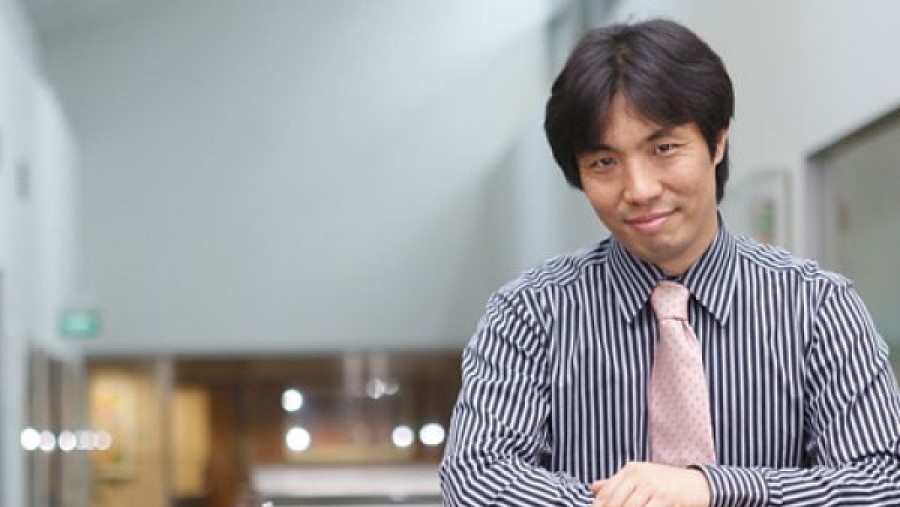As economies transition toward more sustainable models, the demand for professionals who can navigate complex economic, environmental, and policy challenges is growing. The Master of Science in Economics (MSE) at Singapore Management University (SMU) equips graduates with the tools to make evidence-based contributions to critical global issues, including those emerging from the green economy.
Economics in a changing world
Economics shapes decision-making at every level of society. From inflation and interest rates to sustainability reporting and climate adaptation, economic literacy is increasingly essential across industries.
SMU’s MSE programme responds to these demands through an Applied Economics track that develops strong analytical, quantitative, and policy evaluation skills. This approach prepares graduates to contribute meaningfully to both corporate strategy and public policy in a rapidly evolving global economy.
Exploring environmental economics
For those interested in sustainability and climate policy,the elective Environmental Economics, Business and Policy (ECON6012) provides a deeper understanding of how economic principles apply to environmental challenges.
“The Applied Economics track is designed to provide an in-depth study of economics and economic data analysis, with a focus on practical applications,” says Professor Tomoki Fujii, Associate Dean at SMU’s School of Economics.
With more than a decade of teaching experience in this area, Professor Fujii offers a curriculum grounded in empirical case studies and real-world applications. The course explores market-based approaches to regulation and helps students consider economic tools that can support sustainable decision-making.

Professor of Economics and Associate Dean at SMU’s School of Economics, Tomoki Fujii
Applying knowledge through SMU-X
The elective is delivered through the SMU-X experiential learning framework. Students work on applied projects with industry partners, supported by academic and practitioner mentors. This allows them to test their ideas in real-world contexts and sharpen the practical application of economic analysis.
“SMU is renowned for its interdisciplinary and collaborative approach to education. The award-winning SMU-X initiative exemplifies this commitment,” says Professor Fujii.
A practical project with GIC
In the January 2025 Term, students enrolled in ECON6012 had a unique opportunity to step beyond the classroom and into the world of sustainable finance. As part of the course’s applied component, they collaborated directly with GIC’s Sustainability Office on a real-world sustainable investment project.
This hands-on experience gave students the opportunity to:
- Evaluate the financial implications of transitioning to a low-carbon economy
- Analyse climate-related risks and opportunities
- Model climate scenarios to inform investment strategies
- Interact with GIC’s Senior Vice President for expert insights
This collaboration not only deepened students’ practical understanding of sustainable finance but also sharpened their ability to engage with complex, emerging climate-related challenges.
Career opportunities in sustainability
Graduates of the MSE programme are well-positioned for roles in sustainability-related policy, environmental management, impact investment, and green finance. The programme provides a solid foundation for careers that intersect economics with public purpose and long-term value creation.
“Experiential learning activities—such as group discussions, research, mentoring, stretch assignments and projects—are highly valued as they serve to provide practical, hands-on experience for students. These activities allow our students to acquire new skills and knowledge in a real-world context through group work, making the learning process more interactive and impactful,” says Professor Fujii.
“Career opportunities in the sustainability field have broadened significantly. Read up, talk to seniors, and look for suitable opportunities,” he adds.
Learn more about the MSE programme
The SMU Master of Science in Economics provides a rigorous and practice-oriented education in applied economics. With its strong emphasis on interdisciplinary learning, data literacy, and real-world relevance, the programme supports students in building careers that contribute meaningfully to economic and environmental resilience.
Explore how SMU’s Master of Science in Economics can support your professional development and prepare you for an impactful career here.





